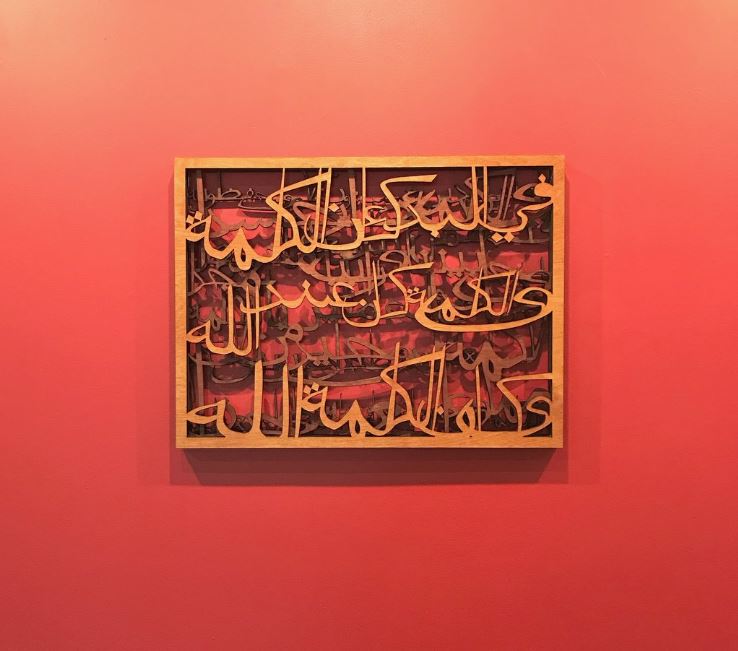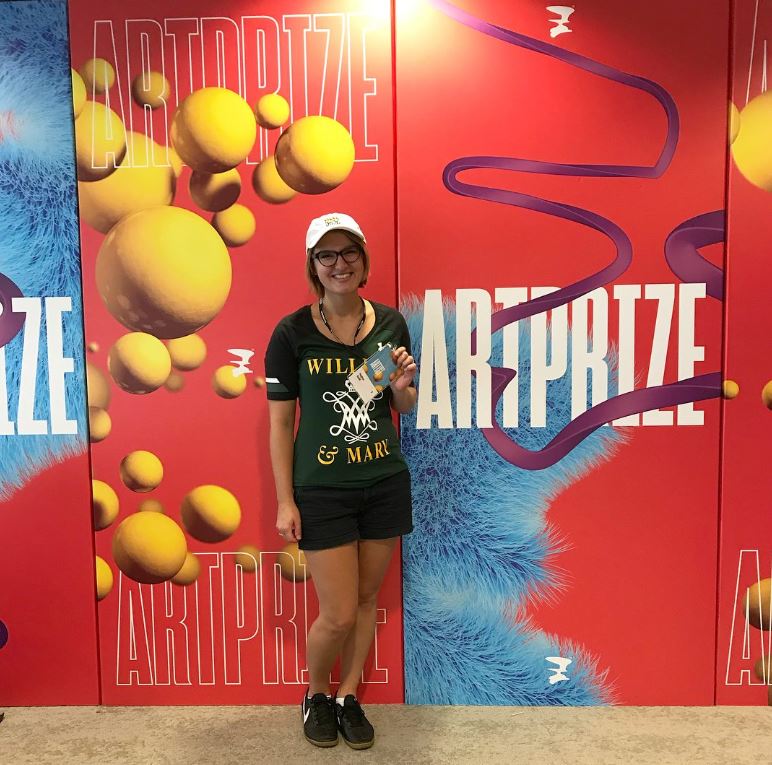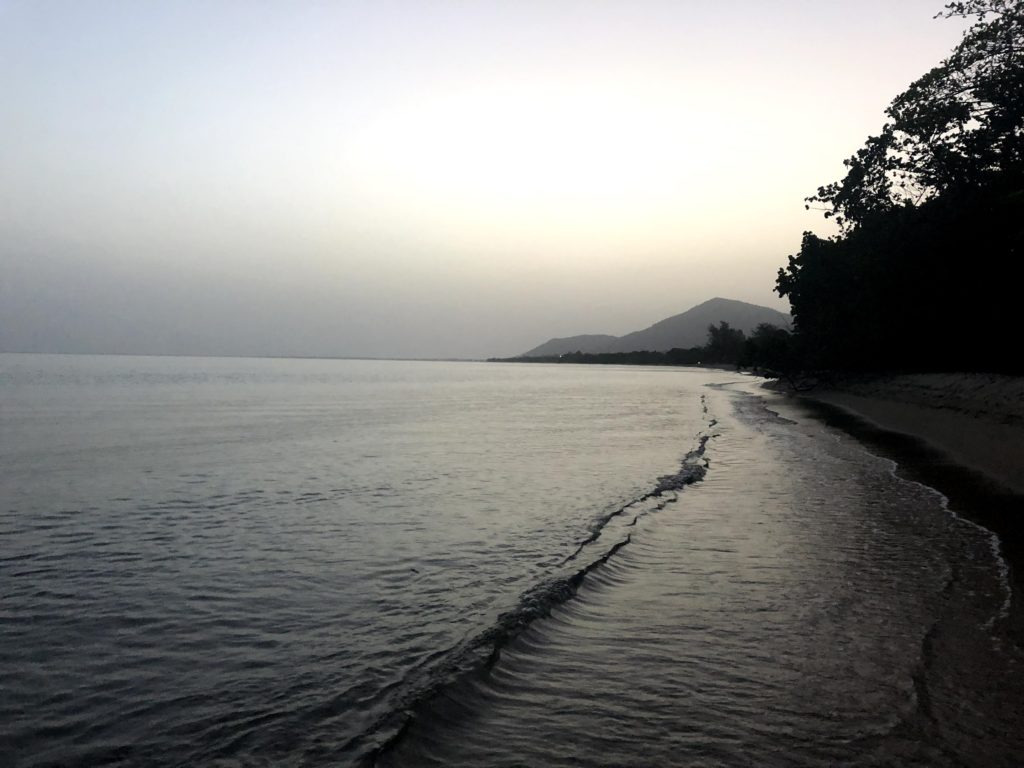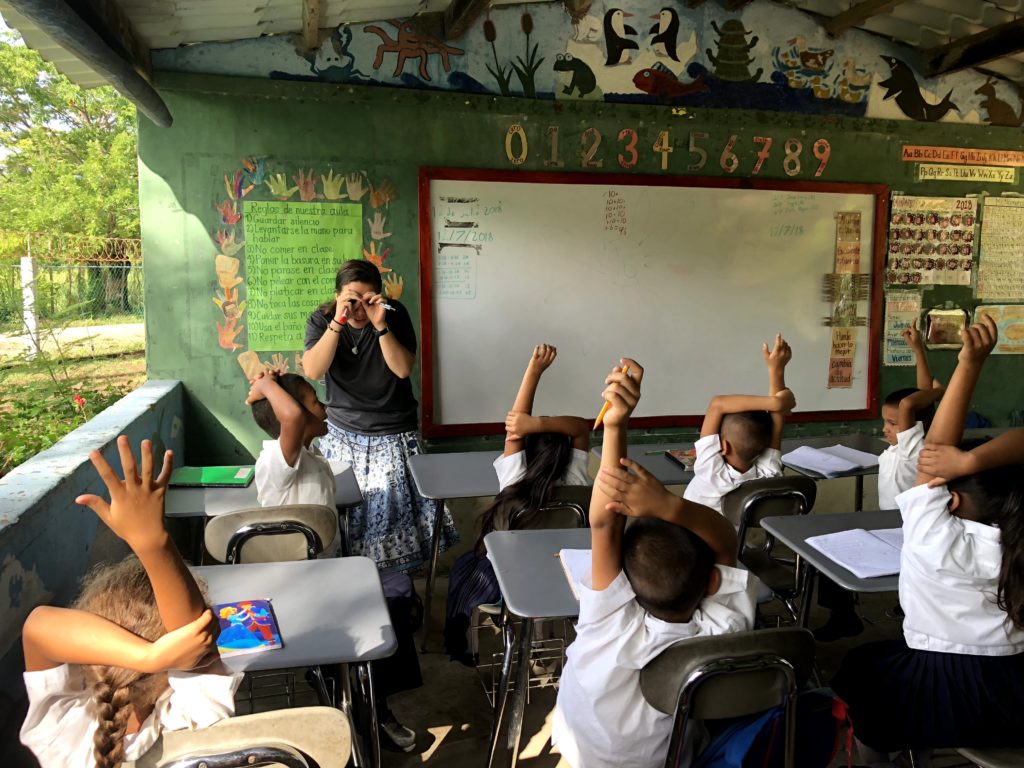James Weitzel, Senior Anchor Intern – Retreats & Pilgrimages
We influence. This statement is realized once we start to take notice of how our actions impact those around us. Hopefully what I share will illustrate this point.
Born and raised in Los Angeles, I never really experienced snow growing up. One of the drawing factors for leaving sunny southern California for college was this strange new concept of seasons (and of course the new weather that came with it, and not to mention academics, etc.). In short, Notre Dame did not let me down. August brought all the green and humidity, there was an explosion of color in autumn, and after a long cold wait finally came that mythical frozen water from the sky in the winter. That first snow, of course, was amazing, but so was the second and third and so on. Not everyone shared in my enthusiasm… nevertheless, snow fascinated me, and the pain of the cold could not take away from the beauty of it. I more than happily volunteered to shovel the sidewalks outside the dorm on the weekend and to brush off the cars in the parking lot (I would only do half the car though…).
I know it is nowhere close to snowing as some days it is still near 85 degrees out, but sometimes it is helpful to frame the future unpleasantries before they happen.
All of this was merely setting up a snowy day in January: it was absolutely freezing, and the wind chill just made things colder. I was walking in (late) to my job at Campus Ministry as a student worker, and quite excitedly mentioned how beautiful it was outside to one of my bosses, Abby. I didn’t think anything of the brief encounter that happened as I scurried past her to the desk. The next day, I received a wholehearted thanks and explanation of how my simple statement of beauty along with my presence changed the whole outcome of her day. It turns out, as I was walking in, she was getting ready to head out and was very much dreading the walk to her car in heels (she forgot her snow boots) and the inevitable traffic that was to follow. My little comment of beauty made her slow down enough to see the beauty I saw, and brighten her day a bit. I didn’t realize my impact on people: my simple sharing of what was happening in my head actually had an impact on someone. This was never my intention. I was just excited that it was snowing.
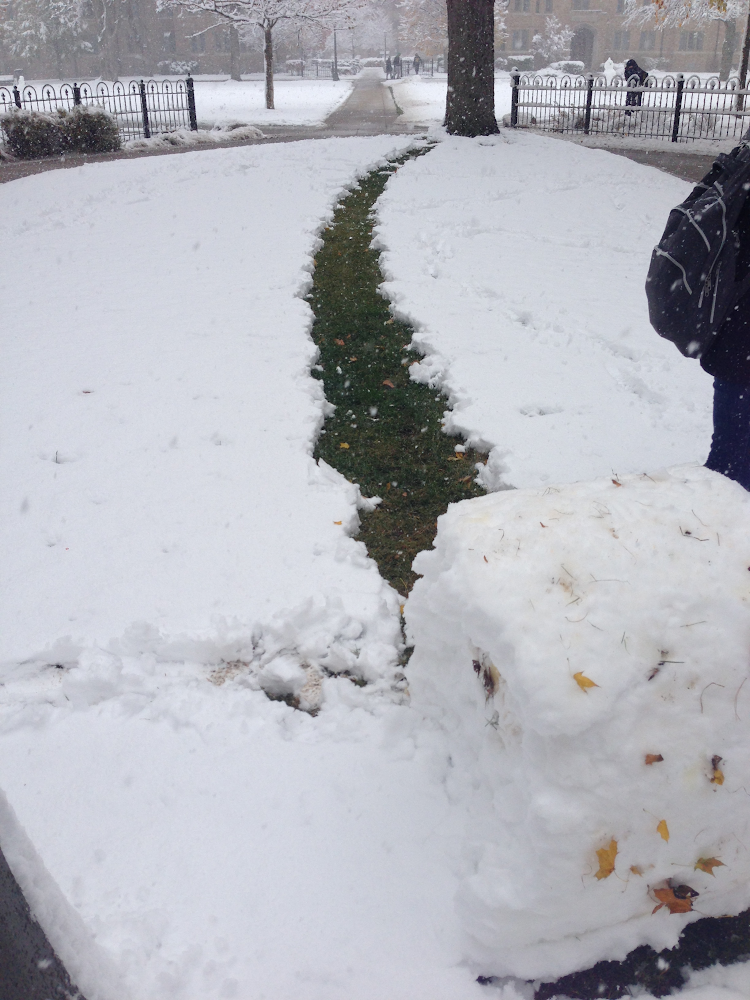
We influence.
We are all called to be leaders, to ultimately be intentional with our words and actions: we have the power of influence. To borrow some language from the Constitutions of Holy Cross, being a leader can be as simple as having the competence to see, and the courage to act. This seeing and action takes some self-reflection though: we cannot say what’s on our hearts if we are too preoccupied with the difficulties ahead. The snow is absolutely beautiful, but that doesn’t mean we will always see its beauty. If we don’t take time for self-reflection and prayer, we won’t see the ways God is acting in our lives at the present: we won’t see God’s extraordinary works in what we have considered ordinary. We can’t do what we’re called to do if we don’t know what to do.
We influence. No one has figured out what God’s full plan is no matter how put together most people on this campus seem, I ask us to challenge ourselves. Not challenge ourselves as in “go out and make 10 new friends.” I’m challenging you to look inward: challenge what you think you know about yourself, to ask the deeper questions and seek the deeper answers. To not just recognize the beauty around us, but to share it. To not just think of ourselves, but to be aware of the influence we have on others. For not only do we influence, but we should be more open to receiving influence as well. Sometimes we need to let go of our pride a little bit (or a lot), so we can be open to listening to others, so we can grow from genuine encounter. We are called to be God’s hands and feet in this world, so, of course, God works through others, we just have to be present to hear it.
And don’t forget, snow is coming!
